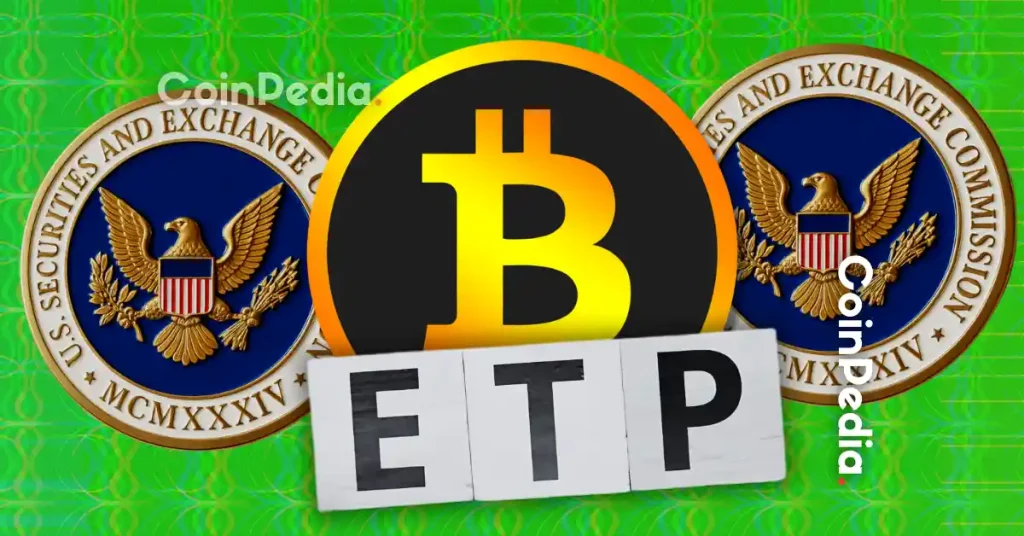Ethereum NFT holders were impacted by recent AWS outages, with the blockchain unable to load tokenized data. This has raised questions about the role of increasing centralization in modern crypto.
To be blunt, it’s hard to claim that someone “owns” an NFT if third-party technical difficulties can block access. This issue may encourage a shift to other blockchains or a further decline in the NFT sector.
Sponsored
Sponsored
Ethereum NFT Outages
Yesterday’s AWS outage wrought havoc on the entire internet, disrupting digital infrastructure worldwide. The ongoing issues also highlighted concerns in the crypto industry, as Coinbase’s main functions had persistent outages.
Another concerning development, however, was that AWS took NFTs on Ethereum offline.
Thanks to its crucial role in DeFi infrastructure, Ethereum has long been the unquestionable home of NFT projects. Apparently, however, this product sector isn’t quite so decentralized.
This AWS outage has revealed that isolated third-party technical difficulties can cause major setbacks for some of the crypto economy’s biggest pillars.
Sponsored
Sponsored
Some community members have suggested that Ordinals, a Bitcoin-based NFT system, could take over some of Ethereum’s share in this market. Even that, however, might be a wrong assumption.
Who Owns Your Assets?
Demand for NFTs is falling across the board, and some of the sector’s biggest recent developments involve publicity stunts and international crime.
The “sales pitch” of NFTs is that a user can employ blockchain technology to have real ownership of digital property, encoding art and other IP on a decentralized system.
If this premise is flawed, it might encourage a further decline in demand. How can you “own” an Ethereum NFT if external factors could totally disable your access?
Moreover, security experts fear that more AWS outages will continue in the coming days. If Ethereum NFTs keep going offline like this, it seems like a poor omen for the entire sector.
We should keep an eye on the situation and determine if Ordinals takes over their market share or if the market simply shrinks altogether.
Source: https://beincrypto.com/amazon-aws-outage-ethereum-nfts-offline/


